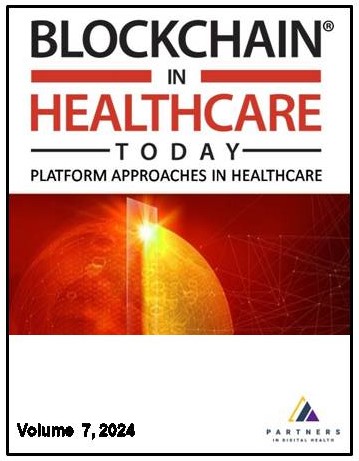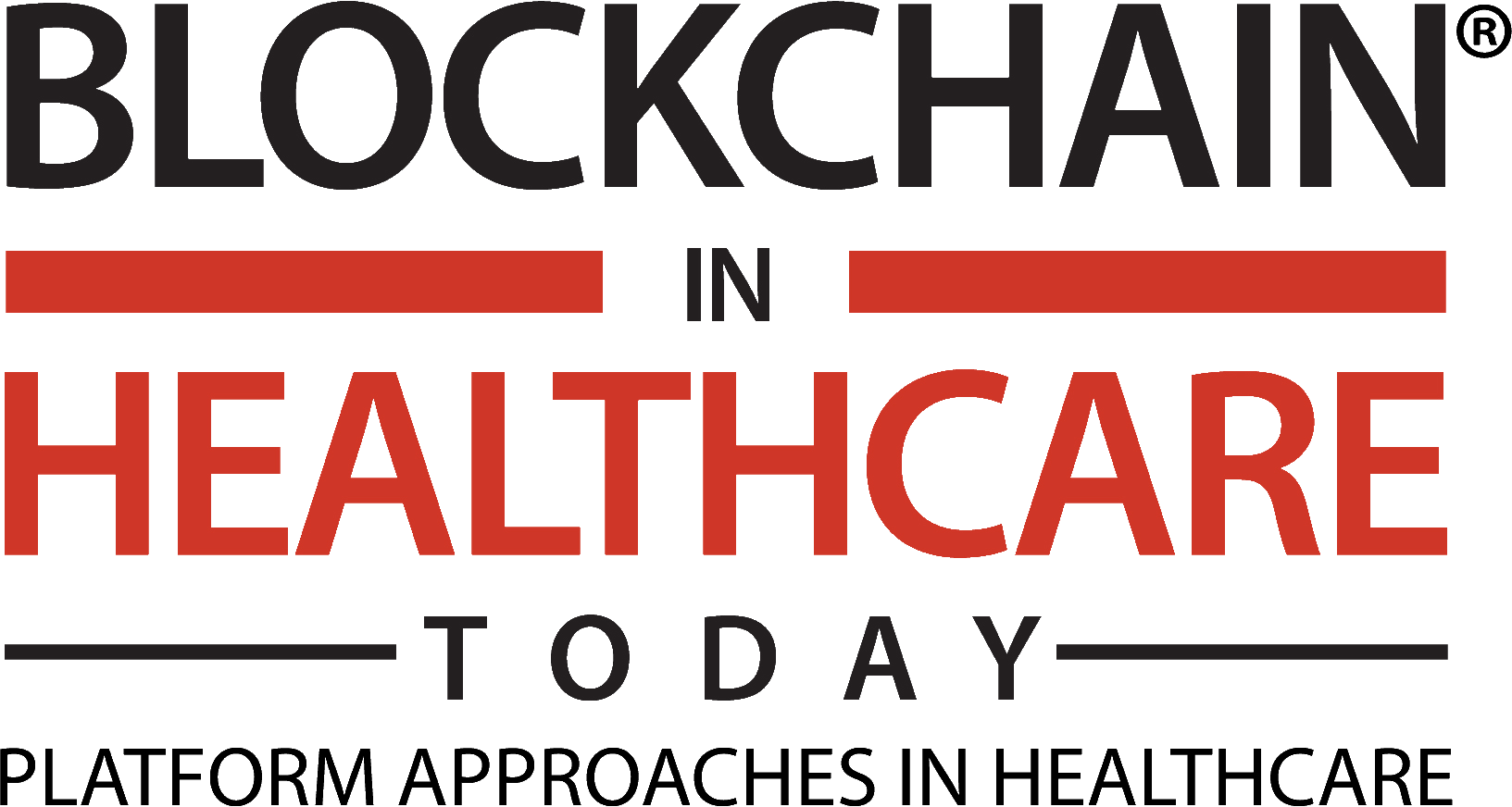
More articles from Volume 1, Issue 1, 2018
Ethics Governance Outside the Box: Reimagining Blockchain as a Policy Tool to Facilitate Single Ethics Review and Data Sharing for the 'omics' Sciences
Public Health Surveillance using Decentralized Technologies
Separating Signal from Noise: Advice for Blockchain Startups
Letter from the Editor
Blockchain as a Foundation for Sharing Healthcare Data
Article views
Citations

0
Accelerating Genomic Data Generation and Facilitating Genomic Data Access Using Decentralization, Privacy-Preserving Technologies and Equitable Compensation
Published: 23.03.2018.
Biochemistry
Volume 1, Issue 1 (2018)
pp. 1-23;
Abstract
In the years since the first human genome was sequenced at a cost of over $3 billion, technological advancements have driven the price below $1,000, making personal genome sequencing affordable to many people. Personal genome sequencing has the potential to enable better disease prevention, more accurate diagnoses, and personalized therapies. Furthermore, sharing genomic data with researchers promises identification of the causes of many diseases and the development of new therapies. However, sequencing costs, data privacy concerns, regulatory restrictions, and technical challenges impede the growth of genomic data and hinder data sharing. In this article, we propose that these challenges can be addressed by combining decentralized system design, privacy-preserving technologies, and an equitable compensation model in a platform that vests control over data with individual owners; ensures transparency and privacy; facilitates regulatory compliance; minimizes expensive data transfers; and shifts the sequencing costs from consumers, patients, and biobanks to researchers in industry and academia. We exemplify this by describing the implementation of Nebula, a distributed genomic data generation, sharing, and analysis platform.
Keywords
References
Citation
Copyright
This is an open access article distributed under the Creative Commons Attribution License which permits unrestricted use, distribution, and reproduction in any medium, provided the original work is properly cited.
Article metrics
The statements, opinions and data contained in the journal are solely those of the individual authors and contributors and not of the publisher and the editor(s). We stay neutral with regard to jurisdictional claims in published maps and institutional affiliations.

